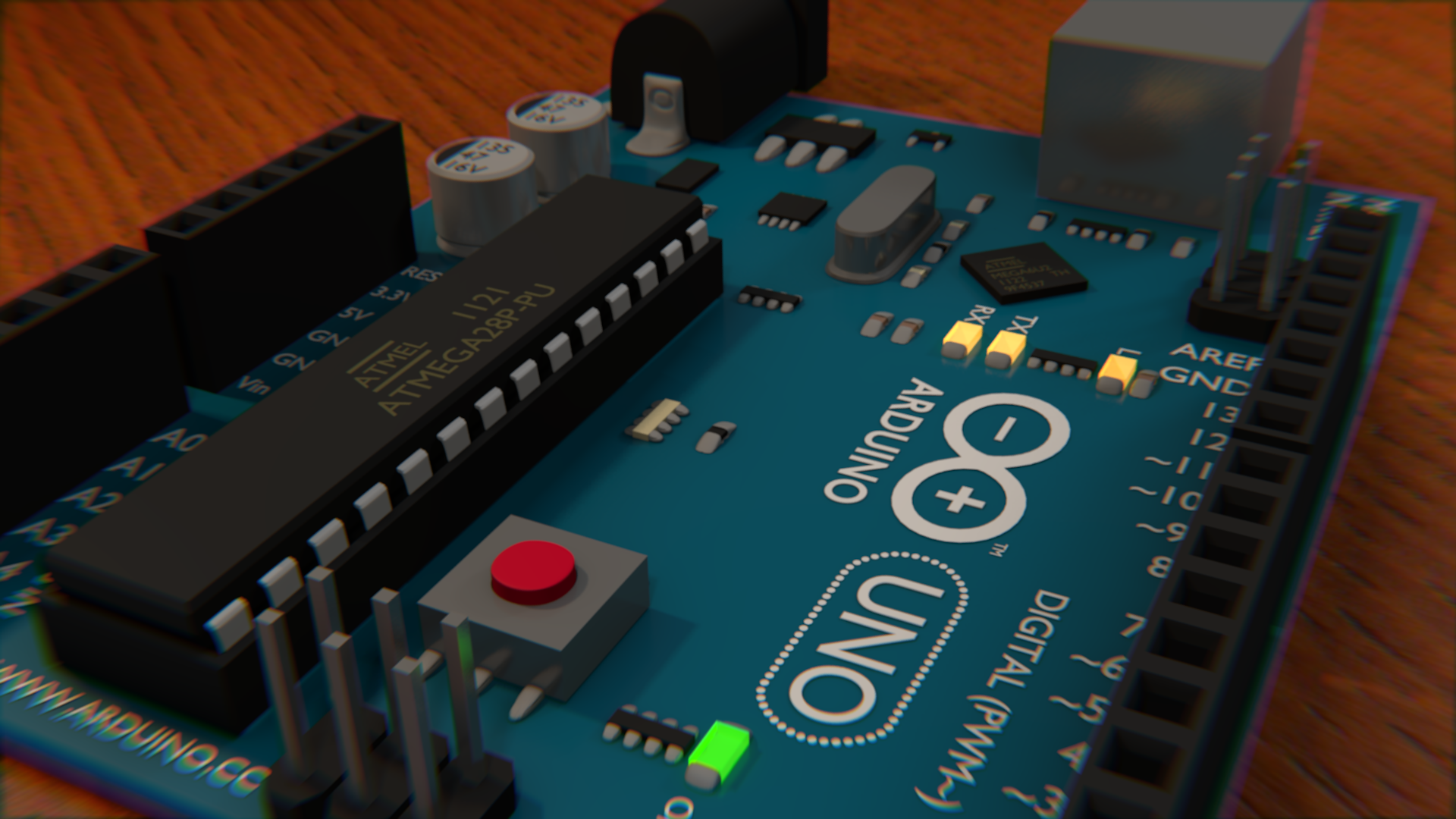
Hi everyone,
this is the first of two posts to profile a couple of easy-to-use single board micro controllers (i.e. a tiny computer!). The Arduino comes from Italy – it was created in 2005 as a cheap (around $30AUS), simple, open source computer to teach people how to work with both hardware and software (programmed in C or C++).
In short – its an entry level way to show people the connection between a program you write on your computer and the affect it will have on hardware you build – a modern update of the old style Dick Smith electronics kits.
I picked up a kit from Jaycar a few weeks ago and within ten minutes I had completed the first few projects. The kit includes everything you need to get up and running (i.e. the Arduino unit, (including the Arduino unit, resisters, a breadboard, connecting wires etc) – no batteries needed, it pulls its power from the USB ports of your computer.
My first projects involved making an LED (light emitting diode) flash. To do this I wrote a program that told my processor to send power to the LED circuit at intervals – i.e. full power, then no power, repeat forever. When I say “I wrote a program” – I mean “I copied code from the instruction book”. BUT this was the first program I had written and I have to say I was pretty chuffed with myself – copying was a way for me to understand the language and see an immediate response from the hardware. Once the program was written I then hit ‘upload’ and the program was sent to the Arduino for action – a second later, the LED started flashing. (Here’s a video of the project.)
Now, in terms of Young ICT Explorers, we are looking for things a touch more sophisticated than that – we are looking for innovative applications of technology to real world situations. Once you have an idea of how the Arduino works (how to write programs, how to wire it up, what add-ons are available) then there are limitless opportunities.
For inspiration visit: “http://playground.arduino.cc/Projects/Ideas” – or just punch “cool arduino ideas” into Google. You could end up making thermostats, proximity alarms, clocks, touch sensors… and the list goes on.
Here’s a quick video from Freetronics (the guys that make entry level Arduino kits):



